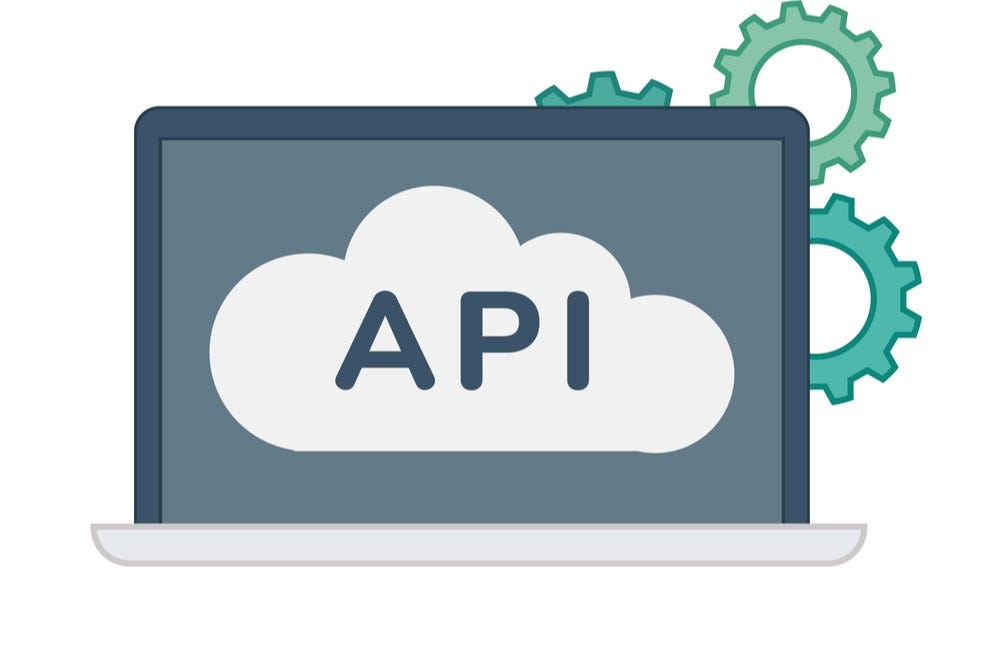
APIs (Application Programming Interfaces) are essential for modern software development. They allow different applications to communicate and exchange data in a seamless and standardized manner. With the growing demand for speed and responsiveness in today’s digital world, it’s essential for developers to know how to build fast APIs in Python.
There are several ways to optimize the speed of your Python APIs, and we’ll cover some of the most effective techniques below.
Use a Fast Web Framework:
Flask and Django are two popular web frameworks in Python, but Flask is often faster due to its lightweight design. Flask is designed to do one thing well (serving APIs), whereas Django is more suited to building full-featured web applications. Consider using Flask if speed is your main concern.

Use the Right Libraries:
When it comes to data processing and manipulation, Python has many libraries that can make your life easier. Some of the most commonly used libraries for building APIs include NumPy, Pandas, and SciPy. These libraries are optimized for speed, and using them will make your APIs faster.
Optimize Your Code:
Writing clean, efficient code is critical for building fast APIs. Consider using caching and memoization techniques to avoid recalculating values, and use libraries like NumPy and Pandas to perform bulk operations on data. Additionally, try to use built-in functions and libraries instead of reinventing the wheel.
Use a Production-Ready Server:
When deploying your APIs, it’s essential to use a production-ready server that is optimized for performance. For example, Gunicorn is a popular server for Python that is designed specifically for serving Python applications.
Monitor and Measure Performance:
Finally, it’s crucial to monitor and measure the performance of your APIs. Use tools like New Relic, APM, and Sentry to measure performance, and use profiling tools like Pyflame, PyProfile, and PyCharm to identify bottlenecks and areas for improvement.
Conclusion:
Fast APIs are essential for modern software development, and there are many techniques you can use to optimize the speed of your Python APIs. By using the right libraries, optimizing your code, using a production-ready server, and monitoring and measuring performance, you can ensure that your APIs are fast and responsive.
